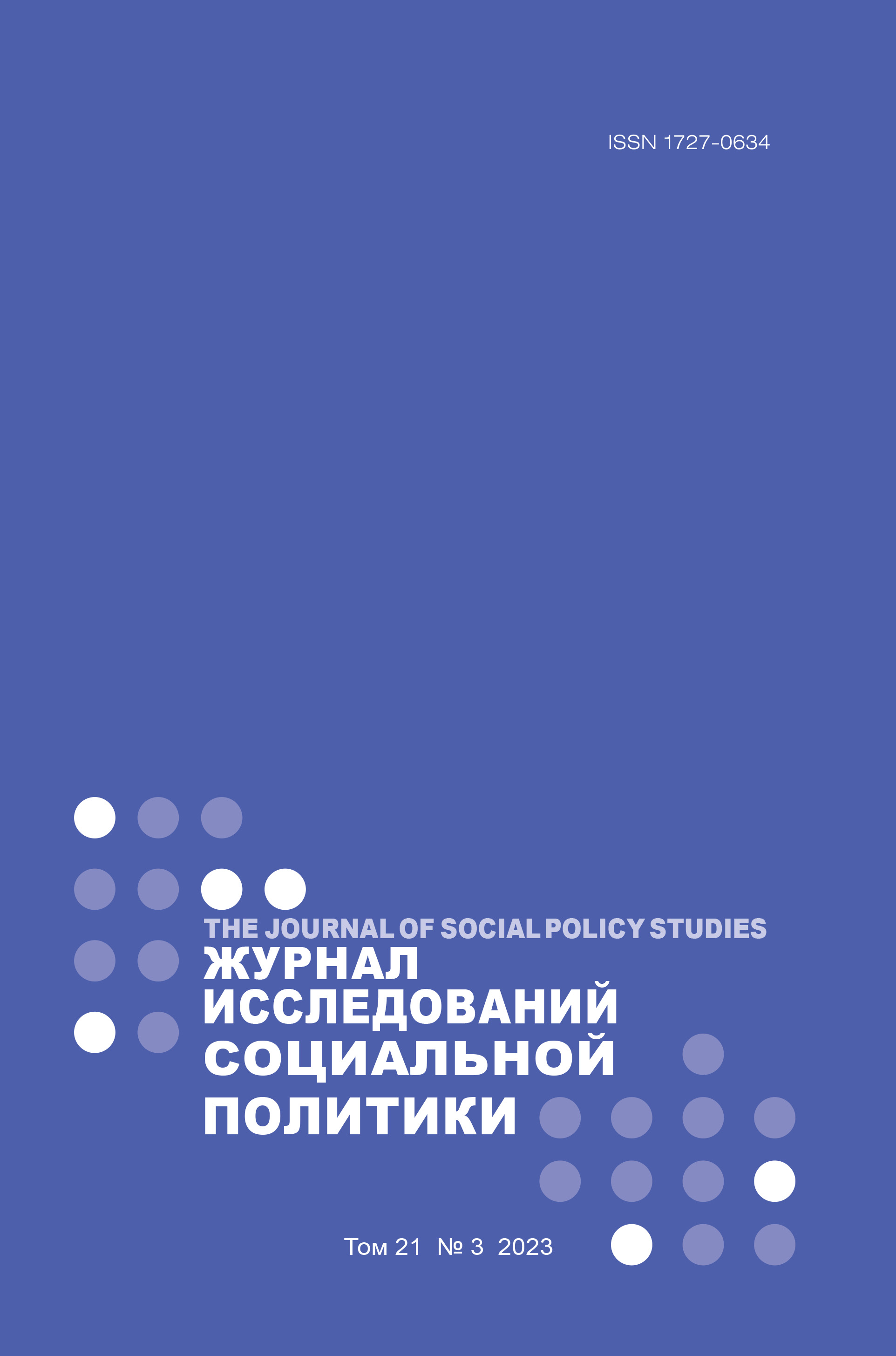Ecosystem of Urban Services (EUS): Priority Needs for Social (Digital) Services of the Older Generation
Abstract
This article is based on the ideology of the International Madrid Plan for Active Ageing and its Active Ageing Index (AAI), which prioritizes the employment of the elderly. The concept of 'active ageing' is fully in line with the framework of classical and contemporary activist sociology. The article briefly analyzes the social services for the elderly in Russia, which have been developing since the late 1980s and were standardized and incorporated into federal law in 1995. In 2004, the implementation and financing of social services were delegated to the regions of the Russian Federation. However, there are still few studies that specify the exact services that the elderly themselves need. State pension insurance and provision are also being developed, addressing the question of what benefits are provided to citizens, at what age, and under what conditions. Employment services were established in the early 1990s, but older workers were often offered low-skill, low-wage jobs. The aim of this article is to demonstrate that the needs and capabilities of the 'older generation' are undergoing significant changes, and that the existing approach to social service provision, which largely took shape in the 1990s, is outdated. Our research question is whether the proposed digital ecosystems (services) are consistent with the provisions outlined in the Madrid Plan. Many older people want to continue working or volunteering, including adapting to the digital environment. Therefore, an additional question is whether the needs of older people in terms of employment are considered by digital and traditional providers of social services. The empirical material is the St. Petersburg Administration’s project on digitalization of services provided to citizens, including the elderly, based on their needs (Electronic Government Services – EGS St. Petersburg). This project is currently undergoing rapid development. The article is analytical and polemical in nature and concludes that social services should support the achieved normative status of older people as independent adults and preserve their autonomy and dignity.















